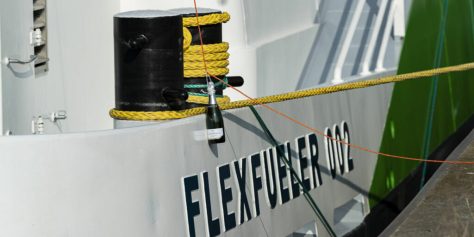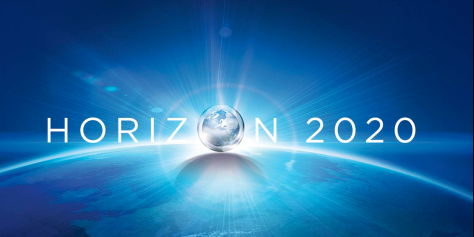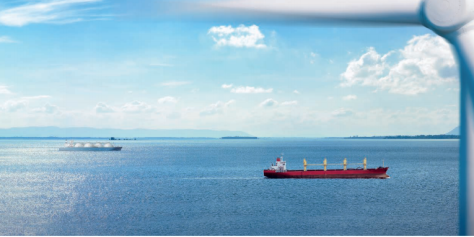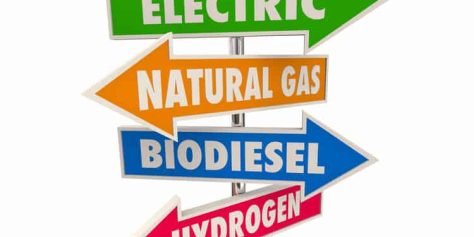During a webinar to celebrate the christening of the Titan LNG Flexfueler002 in the port of Antwerp, Audenaerdt said that many of the same questions related to LNG sourcing have been raised when conducting hydrogen hazard analyzes.
The objective of the CHEK project (deCarbonising sHipping by Enabling Key technology symbiosis on real vessel concept designs), is to reduce emissions from maritime transport through the integrated use of forms of energy and low-carbon technologies. These include the use of hydrogen fuel, wind power, electric batteries, heat recovery, air lubrication, and new antifouling technology. Development work on how to design and operate ships is also included.
The document analyzes the alternative routes to decarbonisation (pathways) in the 2050 horizon under three reference scenarios. Its content is a navigation chart between technology regulation and the uncertain market for marine fuels for shipowners and investors.
Directive 2014/94 / EU of the European Parliament and of the Council of October 22, 2014 on the implementation of an infrastructure for alternative fuels




